Cloud service Infomaniak steps up fight with Proton over controversial Swiss surveillance law
Infomaniak criticised Proton's stance againt the amendment, causing a stir across the Swiss privacy tech sector

- Infomaniak is the first provider to openly back up a controversial revision to the Swiss surveillance law
- The amendment would require VPNs and messaging apps to identify and retain user data
- Proton and NymVPN are ready to leave Switzerland instead of undermining their privacy and security
A Swiss cloud service, Infomaniak, is the first provider to openly back up a controversial revision to the country's surveillance law, slamming privacy firm Proton for promoting online anonymity.
The amendment would require all VPN services, messaging apps, and social networks to identify and retain user data – an obligation that is now limited to mobile networks and internet service providers.
So far, tech providers have been vocal in sharing their concerns against this revision that, they say, could pose a risk to secure encryption and online anonymity in Switzerland. The ordinance was reportedly met with a strong backlash across political benches, too.
The CEO of Proton, one of the best VPN and secure email providers on the market, even compared these new rules to those in place in Russia, vowing to quit Switzerland if the new ordinance passes. Another Swiss-based provider, NymVPN, also confirmed to TechRadar that it is ready to do the same.
Why does Infomaniak support new Swiss surveillance rules?
Infomaniak is a cloud computing company that claims to offer ethical and privacy-focused online tools like web hosting, cloud storage, and now encrypted email services.
Talking during a debate on RadioTeleSuisse (RTS), Infomaniak's Communication Manager, Thomas Jacobsen, has been especially critical of Proton's stance, accusing Proton and similar tech privacy firms advocating for online anonymity to "prevent justice from doing its work," as reported by Swiss publication Cublic.
Jacobsen also criticized Proton for offering free VPN and email services, arguing that this enables anyone to remain out of the reach of law enforcement. According to him, the criticism coming from Proton and similar firms is because the new rules could potentially end their business model.
New data retention obligations could, in fact, lead to the end of no-log VPN and other services in Switzerland, like Proton VPN, Proton Mail, NymVPN, and Threema.

TechRadar needs you! We want to know what you think about the world of VPNs. Whether you're a novice or a VPN pro, we want to hear your thoughts. Don't worry, though, your responses are completely anonymous, and it takes less than five minutes to complete!
To take part, click the link below: https://futurenet.questionpro.eu/tr-vpn
Jacobsen also pointed out that "the problem is not so much encryption, but anonymity."
Contrary to similar legislative efforts in Europe promoting the idea of a lawful encryption backdoor into citizens' communications, Switzerland has, in fact, taken a different approach and instead targets metadata tracking.
Metadata includes all the details that aren't the content, such as IP addresses, location data, timestamps, data packet size, phone numbers, who you have spoken with, and when. As Jacobsen put it during another interview with RTS, "the outside of the package is enough to bring justice."
However, technologists have long argued that metadata can pose significant privacy concerns due to its ability to reveal users' sensitive information. With advancements in AI-powered data analytics, protecting metadata privacy has become crucial across the industry, leading to the creation of tools like NymVPN and Mullvad's DAITA to protect against these threats.
We approached Infomaniak for further clarification, but we are still waiting for a reply at the time of publication.
How did the Swiss privacy industry react?
Nym's co-founder and COO, Alexis Roussel, was one of the online commentators challenging the company's take on the matter, especially regarding metadata collection.
Talking to TechRadar, Roussel said: "They claim that the definition of privacy is encrypting the message and the metadata is not important, but that's outdated. They upset all the community here."
Roussel also contested the idea of getting rid of online anonymity to facilitate the work of law enforcement, arguing that enforcing preemptive measures of surveillance could undermine democratic values in Switzerland.
He said: "Online anonymity is at the core of the balance of power in a democracy. When the government has access to all your metadata, that's completely reversed."
Under the current system, Roussel explains, the government needs to make a specific enquiry to force online services to record all their data. If the new ordinance passes, though, this data collection will become mandatory and preemptive to any potential illicit activities.
"An obligation to store the data in case, maybe, one day a judge will ask for it – that's not ok," said Roussel. "It's a war against anonymity, which is happening in Switzerland at the federal level."
In Switzerland, the new version of the surveillance law aims to make it impossible for Proton, Threema and@nymproject to operate from Switzerland. We are in the consultation phase. We will fight. https://t.co/BcMBxzIPFCMarch 25, 2025
As public consultations ended on May 6, 2025, we will now have to wait and see what the Swiss government decides.
Nonetheless, Roussel confirmed to TechRadar that there has been significant push-back from political parties and Swiss companies alike.
Some Cantons, including Geneva, have even called on the right to digital integrity as an argument against these rules. Roussel was the main originator of the initiative that introduced this new right to protect citizens' online privacy and data – in Geneva in 2023 and Neuchâtel in 2024 – with over 90% consensus.
"The chances that the ordinance gets overturned either in the parliament or even in the tribunals are pretty high, but they can still push for it, " Roussel told TechRadar.
Nonetheless, "that's already a big problem because it creates a bad precedent. No one is going to invest in privacy right now in Switzerland," he added.




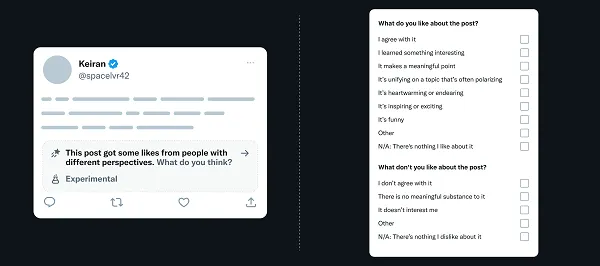



























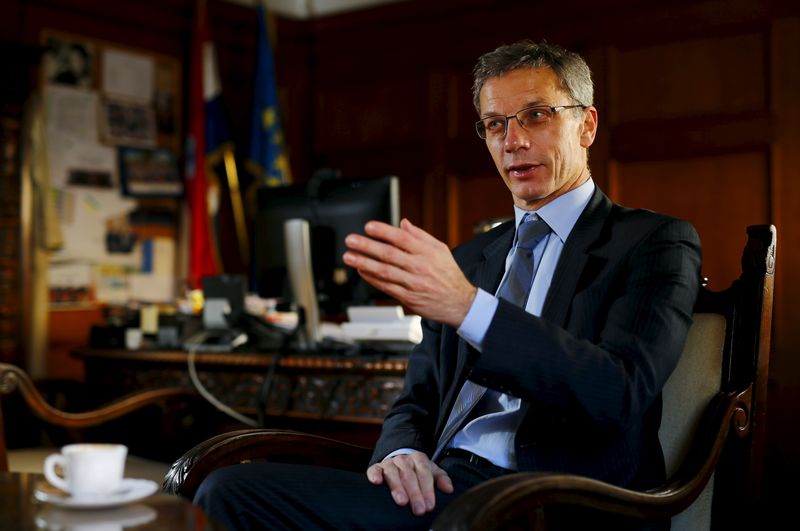



























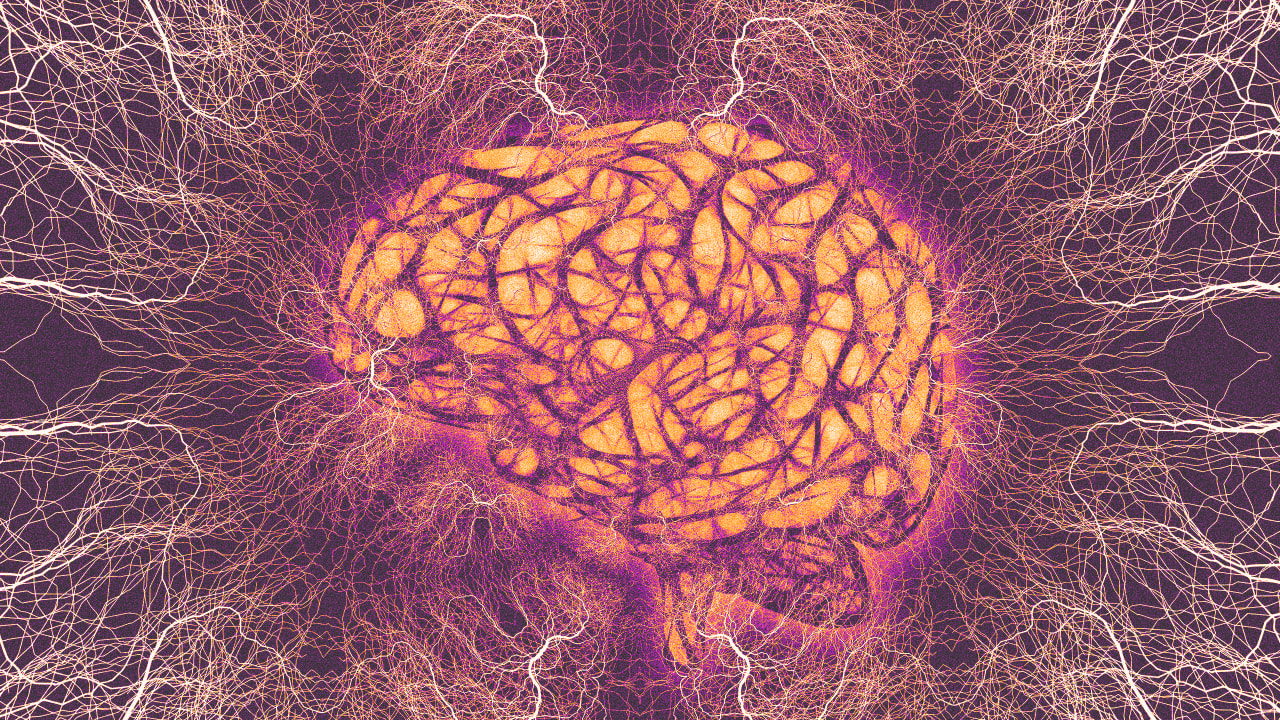


















































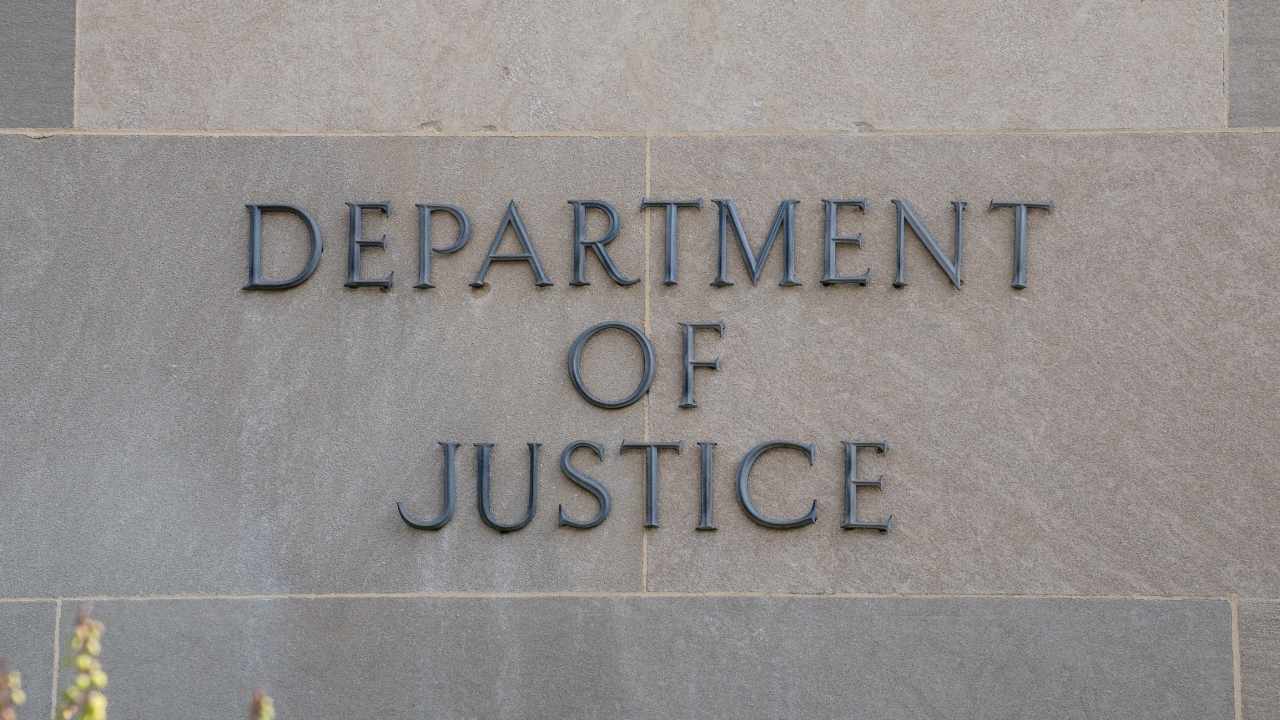





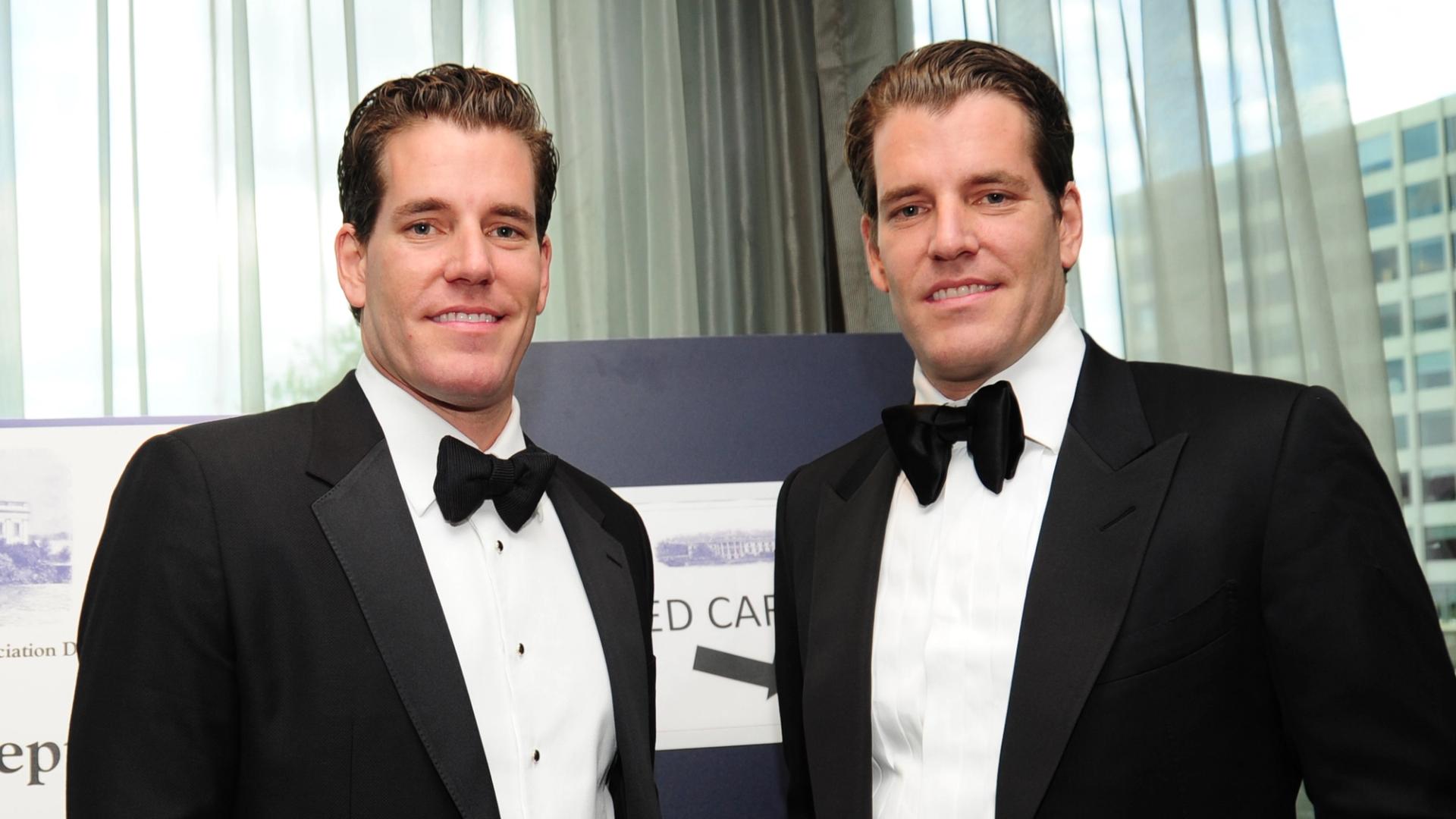

























































.mp4)





















